Is CBD a drug and is there even addiction potential?
The cannabis plant is almost as old as man himself. Many of us have grown up knowing that cannabis is a serious drug. Consequently, products other than typical “hash” are often automatically associated with drugs, even though they have nothing in common with tetrahydrocannabinol. Medicine looks at the cannabinoid CBD from two points of view. The most important roles are the influence on health and the possible risks of CBD. We clear up prejudices and answer once and for all the question of whether cannabidiol is a drug!
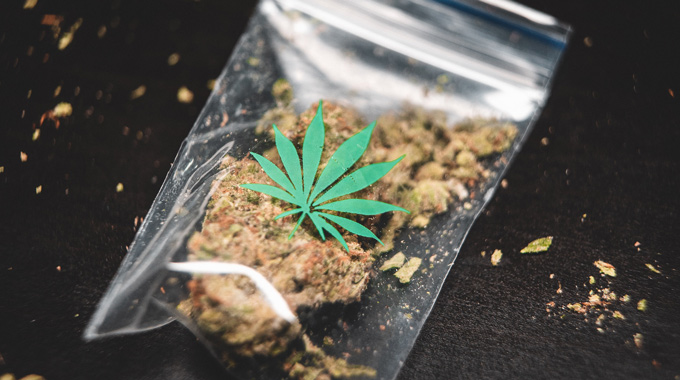
What is the difference between cannabis and CBD?
CBD is a cannabidiol that occurs naturally in the hemp plant. It is often declared as a miracle drug by enthusiastic people, but it is not. Cannabinoids are an important component of the hemp plant, there are over a hundred different types. The best known are THC and CBD, but there are relevant differences.
Cannabis containing THC has a psychoactive effect and is banned as a drug in most countries in Europe. However, studies in the past and today continue to prove the effect of THC. Therefore, today there are prescribable medications based on medical cannabis.
The effects of both cannabinoids (CBD and THC) partially overlap, but also have major differences. While THC (depending on the strain) can be stimulating and activating, CBD reduces stress and has mainly sedative effects (without being depressant).
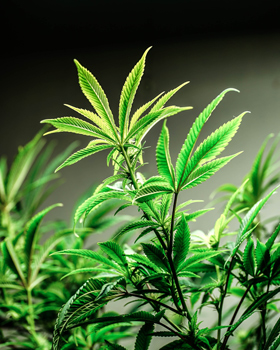
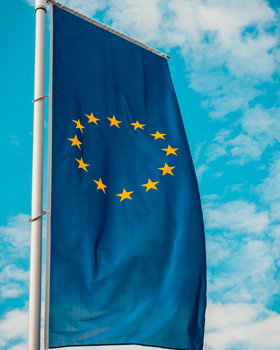
How is CBD classified in the DACH region?
CBD and its positive properties are known globally and are increasingly used by people to treat a wide variety of ailments. In the DACH region, CBD is legal, provided that the legal requirements of the EU are met. These include the following factors:
- THC content must be proven to be below 0.2%
- The CBD hemp products in question have been produced from certified commercial hemp
- No intoxicating substances are contained
Can CBD be addictive?
According to current knowledge, the use of CBD does not produce dependence. As a non-psychoactive cannabinoid, CBD does not trigger euphoric and intoxicating effects, so the reward center in the brain responsible for addictions is not triggered.
Important note: Certain routines can always develop with regular use of various substances! This is not only true for CBD, but also for harmless products like cola, gummy bears, sports, etc. This effect is to be understood as “habituation” and has nothing to do with a classic addiction!
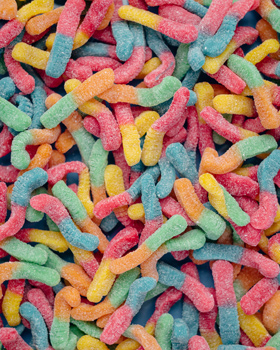
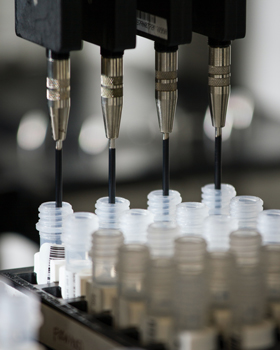
Are cannabidiol products detectable on a drug test?
Cannabis driving is prohibited and accordingly there are more and more sophisticated drug tests to detect the consumption within the shortest time. However, since CBD does not belong to the drugs, the ingredient is not even looked for in a test! Here it is important that it is only about the pure substance CBD as for example with CBD crystals, because these contain a residual value of 0% THC.
This means: Theoretically it is possible to detect CBD in blood or urine, but the tests are not designed for this. A drug test is about detecting prohibited substances, which includes tetrahydrocannabinol. Similarly, a test for alcohol works via the breath or blood!
What is cannabidiol/CBD for and what are the risks?
CBD products enjoy great popularity, but why actually? Cannabidiol seems to have a positive influence on body and mind and is popularly used to stabilize health. Even consumer centers and the WHO (in 2018) have pointed out the safety of the products and classify CBD as well tolerated. For use, legal CBD cannabis is used for the following complaints, among others:
- Pain: For chronic and acute pain, many people use CBD to reduce symptoms. There are preliminary studies proving that the use of THC-free cannabis can positively affect pain receptors.
- Inflammation: Due to CBD’s interaction with the endocannabinoid system, it is possible that the immune system is strengthened. This is the reason why inflammation responds positively to the use of CBD.
- Mental symptoms: The ingredient cannabidiol is said to have a positive effect on the body in various mental illnesses. For example, it is repeatedly reported that legal cannabis can reduce anxiety and positively affect depression.
- Effect on other diseases: So far, there are no reliable studies in this regard, but it is assumed that cannabidiol can also have a positive effect on other diseases. These include relief of the side effects of cancer therapy by CBD, but also complaints in the context of epilepsy or autoimmune diseases.
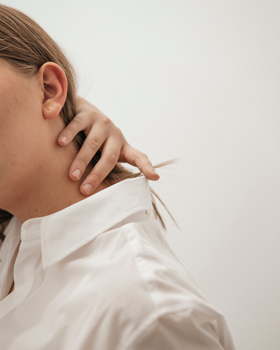
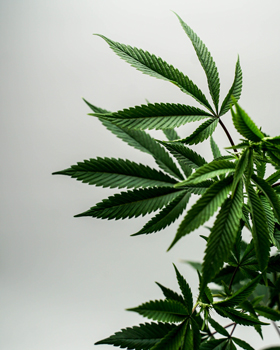
Conclusion: CBD is not a drug, but also not a dietary supplement
The active ingredient cannabidiol is very trendy and the ingredients promise many positive effects on one’s health. Much of this has not yet been scientifically proven. However, the testimonials of thousands of users deal intensively with the subject. And the verdict of most users is that cannabidiol oil can show beneficial effects.
Do you have any questions about CBD or would you like to learn more about our products? Then our competent customer service will be happy to assist you. Even if medicine is still holding back when it comes to recommendations of Cannabidiol/CBD, the “hype” is unstoppable. As long as you are careful with the valuable and legal cannabinoids and do not see them as “medicine” for everything, there is nothing against the use.

